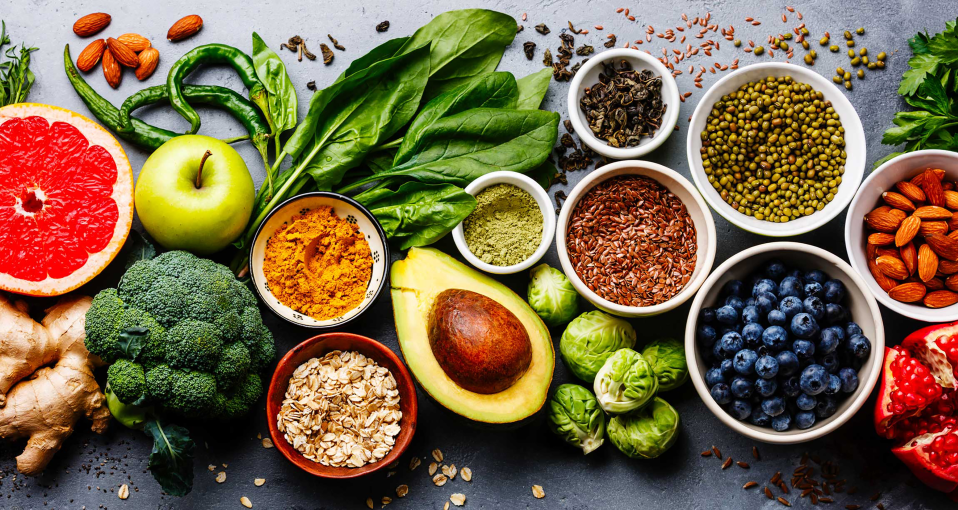Managing blood sugar levels is crucial for individuals with diabetes or pre-diabetes. In addition to conventional methods such as exercise and medication there are several natural remedies that can help lower glucose levels. Here are six organic approaches to prevent blood sugar spikes and maintain target glucose levels.
Engage in Regular Exercise: It’s no secret physical activity plays a significant role in improving blood sugar levels. Exercise allows your cells to utilise glucose as energy, reducing blood sugar levels. It enhances insulin sensitivity, the hormone responsible for regulating blood sugar. Both aerobic exercises like brisk walking and anaerobiotic exercises such as weightlifting can be beneficial, with a combination of both types yielding the best results.
Increase Fibre Intake: Including fibre-rich foods in your diet slows down digestion, preventing sudden spikes in blood sugar levels. Soluble fibre forms a gel-like substance in the stomach, which slows the release of glucose into the bloodstream. Insoluble fibre, on the other hand, helps maintain insulin sensitivity. Aim to consume 25-30 grams of fibre daily through whole grains, beans, nuts, seeds, and certain fruits. If necessary, consider supplements like psyllium husk.
Incorporate Apple Cider Vinegar: Apple cider vinegar has gained popularity for its potential to lower blood sugar. Studies suggest that consuming one to two tablespoons of diluted apple cider vinegar with meals can significantly decrease fasting blood sugar levels. It works by increasing insulin sensitivity, facilitating the removal of sugar from the bloodstream, and slowing down the digestion process.
Explore Fenugreek: Fenugreek, an herb with clover-like leaves and seeds, offers potential health benefits such as cholesterol and blood sugar reduction. Research indicates that fenugreek can lower A1C and post-meal blood sugar levels. The seeds contain 4-Hydroxyisoleucine, an amino acid that stimulates insulin release. Fenugreek supplements are available, or you can soak the seeds in warm water overnight to make them easier to consume.
Ensure Adequate Zinc Intake: Zinc is an essential mineral found abundantly in the pancreas. It plays a crucial role in insulin production, processing, and the protection of beta cells. Individuals with diabetes are more likely to have a zinc deficiency. If diagnosed with low zinc levels, your healthcare provider may recommend a daily supplement to support your pancreas and maintain optimal zinc levels.
Consume Probiotic Foods: Probiotic-rich foods contribute to a healthy gut, which is closely linked to the endocrine system. Regularly consuming probiotics may reduce fasting blood sugar and A1C levels, particularly in individuals with type 2 diabetes. Additionally, probiotics may improve glucose metabolism. Yogurt, kombucha, sauerkraut, kimchi, and kefir are common probiotic foods that can be added to your diet.
Incorporating natural methods into your diabetes care routine, such as exercise, increased fibre intake, and the inclusion of specific foods and supplements, can help manage blood sugar levels effectively.
It is important to note that these additions should not replace medical treatments or professional advice. Always consult a healthcare professional before introducing dietary supplements or making changes to your diabetes treatment regimen to ensure safety and compatibility with any existing medications.








